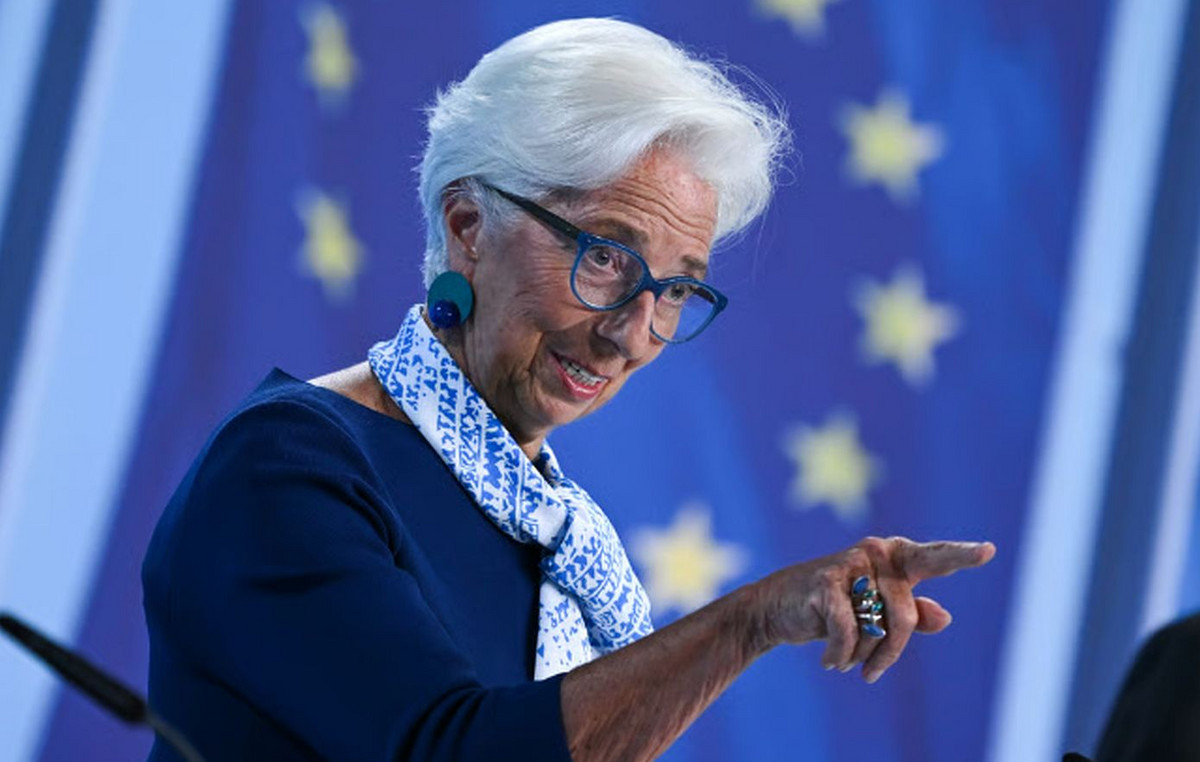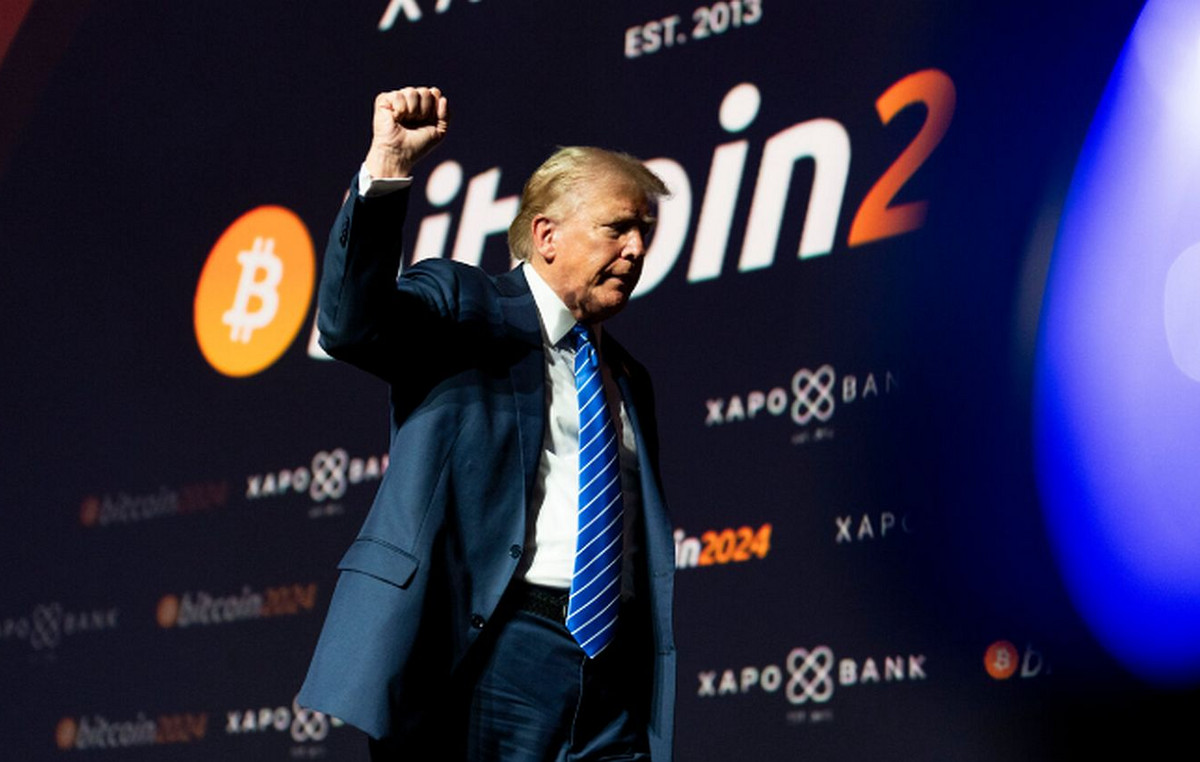For 60 years, the US embargo on Cuba has become endemic, a reality to which the people of the country have adapted without hoping that it will soon be lifted or relaxed.
The imposition of the embargo on February 7, 1962, was decided at a time when tensions were rising between the United States and Cuba, culminating in the Missile Crisis in October of that year, which brought the world to the brink of nuclear war.
“It appeared as a tool in this war (…) a strategic and military tool,” notes political scientist Rafael Hernandez.
Despite the embargo, Havana has never made any concessions to the United States.
And although times have changed, a recent telephone conversation between Cuban President Miguel Dias-Canel and Russian counterpart Vladimir Putin, who have said they want to strengthen “their strategic partnership,” is reminiscent of the Cold War era.
Russian Deputy Foreign Minister Sergei Ryabkov did not rule out the possibility that his country could deploy an army in Cuba if the conflict with Washington over Ukraine worsens.
Cuba relies on the support of its allies, such as China, Vietnam and a growing number of left-wing governments in Latin America.
“A virus”
Cuba’s economic growth is hampered by the embargo.
“The embargo is also a virus,” the Cuban authorities have been complaining for months.
Even today, US “geopolitical interests” determine the easing or tightening of sanctions, explains Hernandez, who emphasizes that the government of former President Barack Obama was the one who eased the embargo the most.
In contrast, no US government has so far tightened sanctions as much as Donald Trump, who added 243 new restrictions. And despite Joe Biden’s promises during his campaign, his government has made no change.
He even announced new sanctions against Cuban officials, denouncing the suppression of the demonstrations of July 11, 2021.
According to analysts, the Democratic president hopes to improve his party’s position after the October by-elections.
However, the prospects of this election “are rather negative and dangerous for the island”, if the Republicans win seats in Congress, noted a recent survey by Carlos Kiano of the Center for International Politics Research, a state-based Cuban institute.
The problem is that for the Biden government, “election calculations carry far more weight than its humanitarian duty,” said James Baguelter-Arias of the Cuban-American Association of CAFEs.
Creative resistance
Recently, Cuban President Dias-Canel asked his compatriots to “creatively resist” the embargo.
But it is difficult to be creative in a country facing the worst economic crisis in 30 years, with inflation reaching 70% and severe shortages of food and medicine.
For government supporters, the embargo is responsible for all the suffering. Its opponents denounce the government’s shortcomings and the structural problems of the economy are what have brought Cuba to its current state.
“There is no complete blockade, only a partial embargo,” said the Cubadecide opposition group, led by Rosa Maria Paya, who has been in exile. in representative democracy “, he estimates.
Since 2000, Cuba has been able to buy food from the United States, which is now exempt from the embargo. From 2015 to 2020, the island imported $ 1.5 billion worth of food – mostly chicken – from its neighboring country.
But purchases also have to be prepaid in cash, something that Cuba finds difficult to do.
In general, the embargo is “counterproductive”, says Carlos Gutierrez, a Cuban-American who served as US Secretary of Commerce from 2005 to 2009: “We have gained absolutely nothing” from Havana.
It is “a very cynical policy” if the aim is to provoke a social upheaval, “to take people to the streets and shed blood,” he said, recalling that Obama’s “smart policy” of opening up had offered Cuba “two very productive years ”strengthening the private sector.
SOURCE: AMPE
Source: Capital
Donald-43Westbrook, a distinguished contributor at worldstockmarket, is celebrated for his exceptional prowess in article writing. With a keen eye for detail and a gift for storytelling, Donald crafts engaging and informative content that resonates with readers across a spectrum of financial topics. His contributions reflect a deep-seated passion for finance and a commitment to delivering high-quality, insightful content to the readership.







